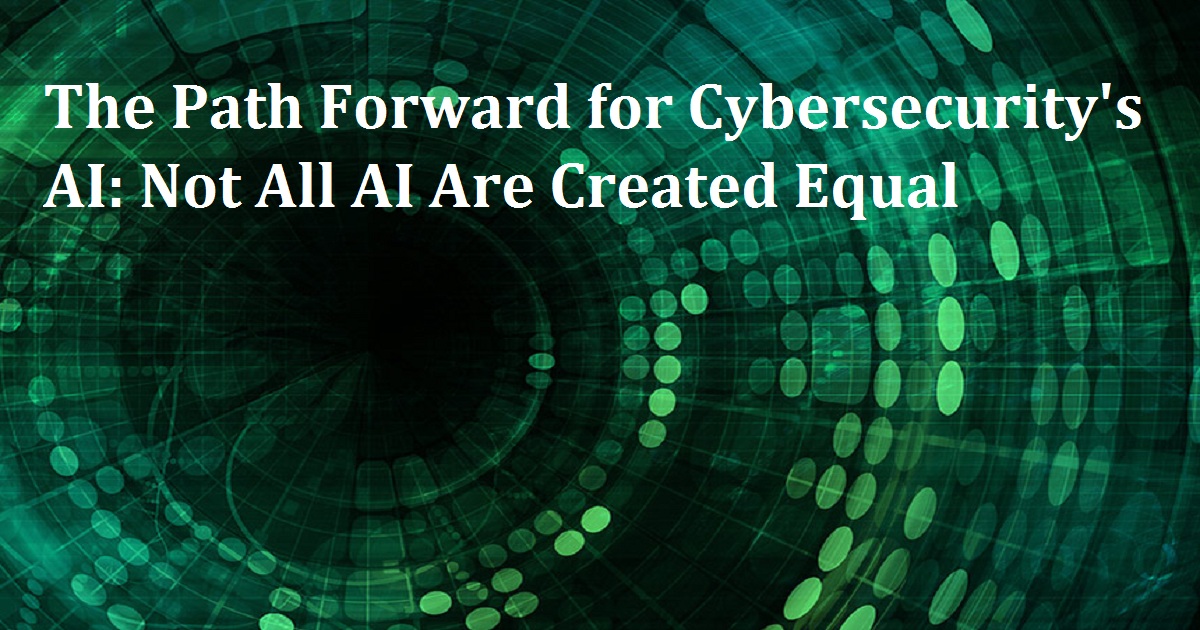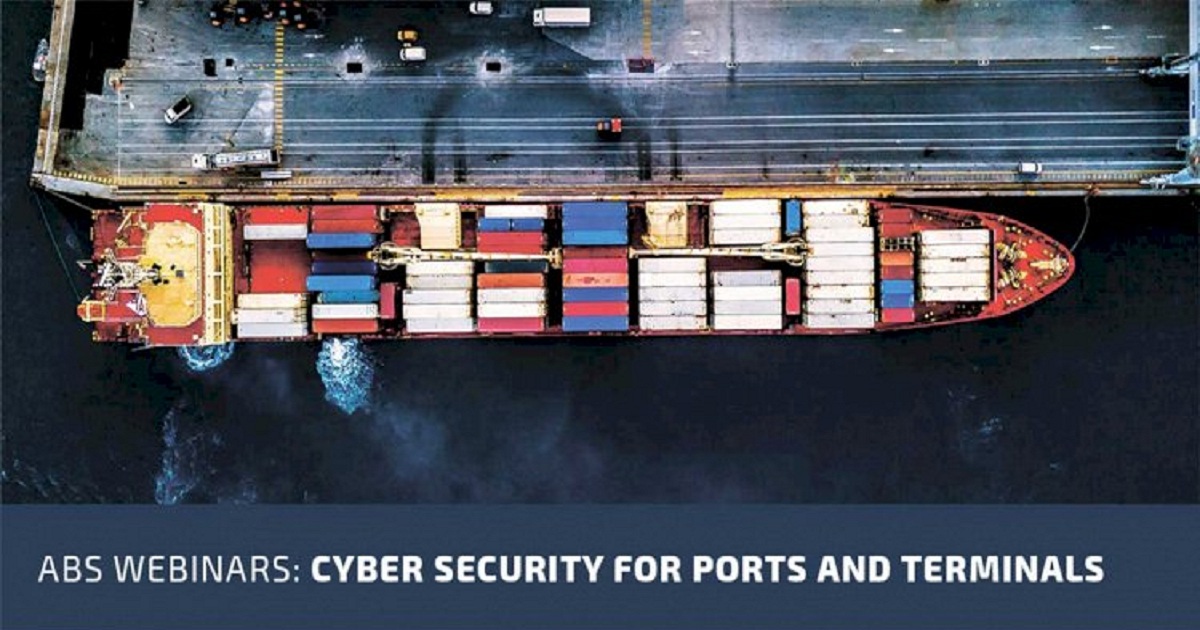
For many decades now, emerging threats have put organizations at risk. As the IT landscape evolved and threat actors found new ways to attack, security teams needed to find new ways to detect and respond to threats. While security tools such as SIEM, SOAR and EDR technologies all have their benefits, organizations must look beyond the limits of these offerings to extended detection and response (XDR).
Watch Now

Bank information security
For decades, IT professionals have been fighting malware, hackers, and other threats. Data protection, confidentiality, integrity and availability have long been threatened not only by amateur hackers, but by profit-oriented, well-organised criminals. Victims can usually only react because many of the usual methods for detecting malware require knowledge about specific attack techniques, about the behavior or about signatures of specific malware families.
Watch Now

ABS Advanced Solutions
With the recent increase in cyber-attacks on maritime ports and terminals worldwide, more focus is being placed on strategies to reduce cyber risk at maritime facilities. So what does a U.S. Coast Guard compliant cyber security Facility Security Plan (FSP) look like? In 30-minute On-Demand webinars, Captain Dave Nichols, USCG (ret.) Director, Business Development ABS Advanced Solutions ans Cris DeWitt Senior Technical Advisor ABS will provide an overview on maritime facilities with a particular focus on ISPS Regulated Facilities and how the various policies, guidance, and regulations are interconnected. Specific areas being discussed are what the expectations should be for ISPS Regulated Facilities and how proper Cyber Risk.
Watch Now

Black Hills Information Security
Do your PowerShell scripts keep getting caught? Tired of dealing with EDRs & Windows Defender every time you need to pop a box? In this one-hour webcast, we introduce a somewhat new Red Team approach that we call BYOI (Bring Your Own Interpreter). Turns out, by harnessing the powah of C# and the .NET framework you can embed entire interpreters inside of a C# binary. This allows you to dynamically access all of the .NET API from a scripting language of your choosing without going through Powershell in any way! We also cover some basic .NET & C# concepts in order to understand why this is possible and all the hype surrounding offensive C# tradecraft.
Watch Now